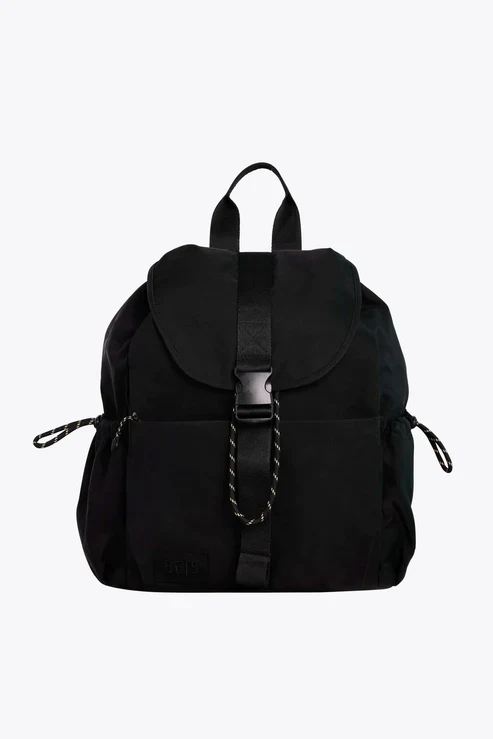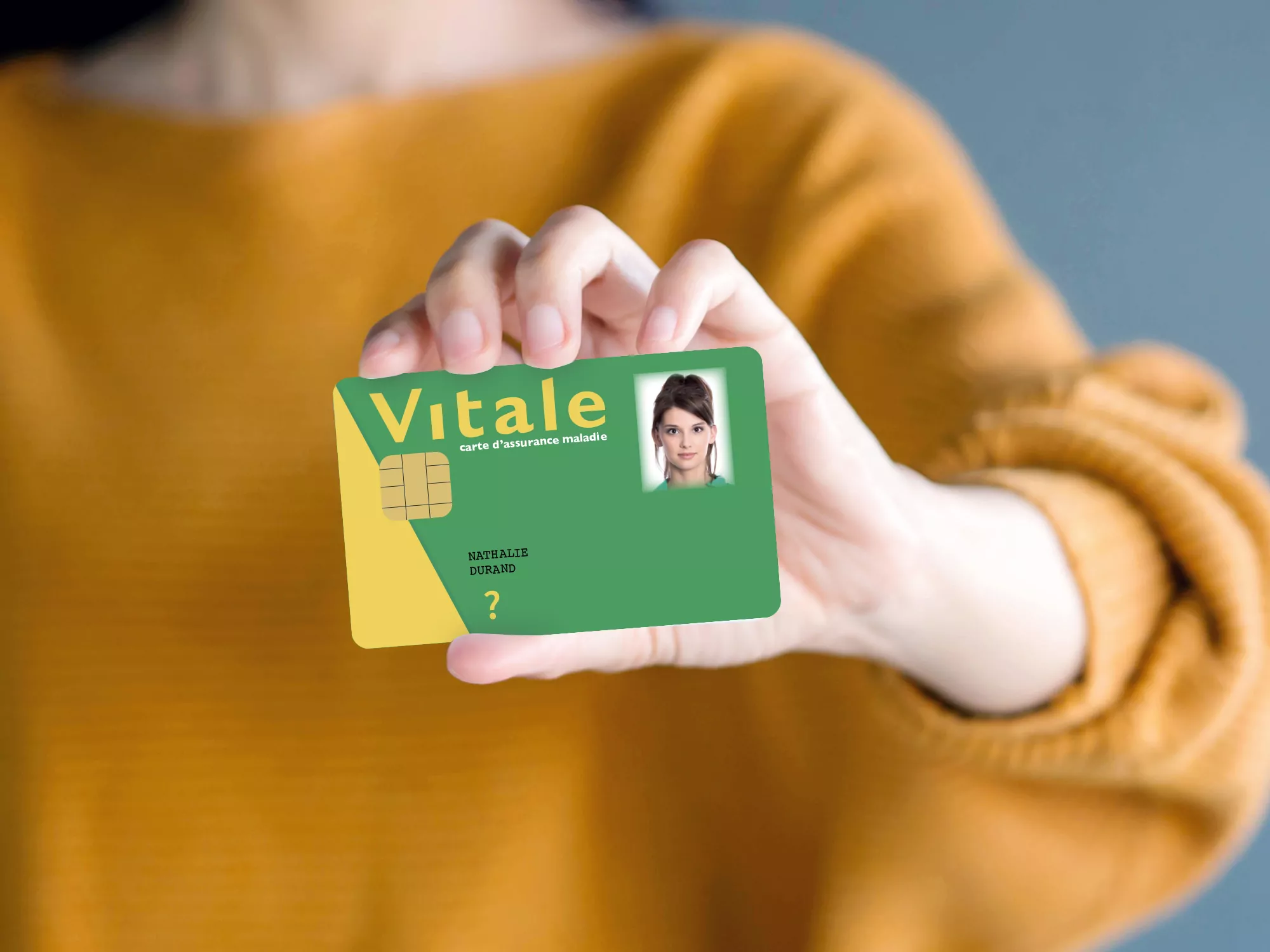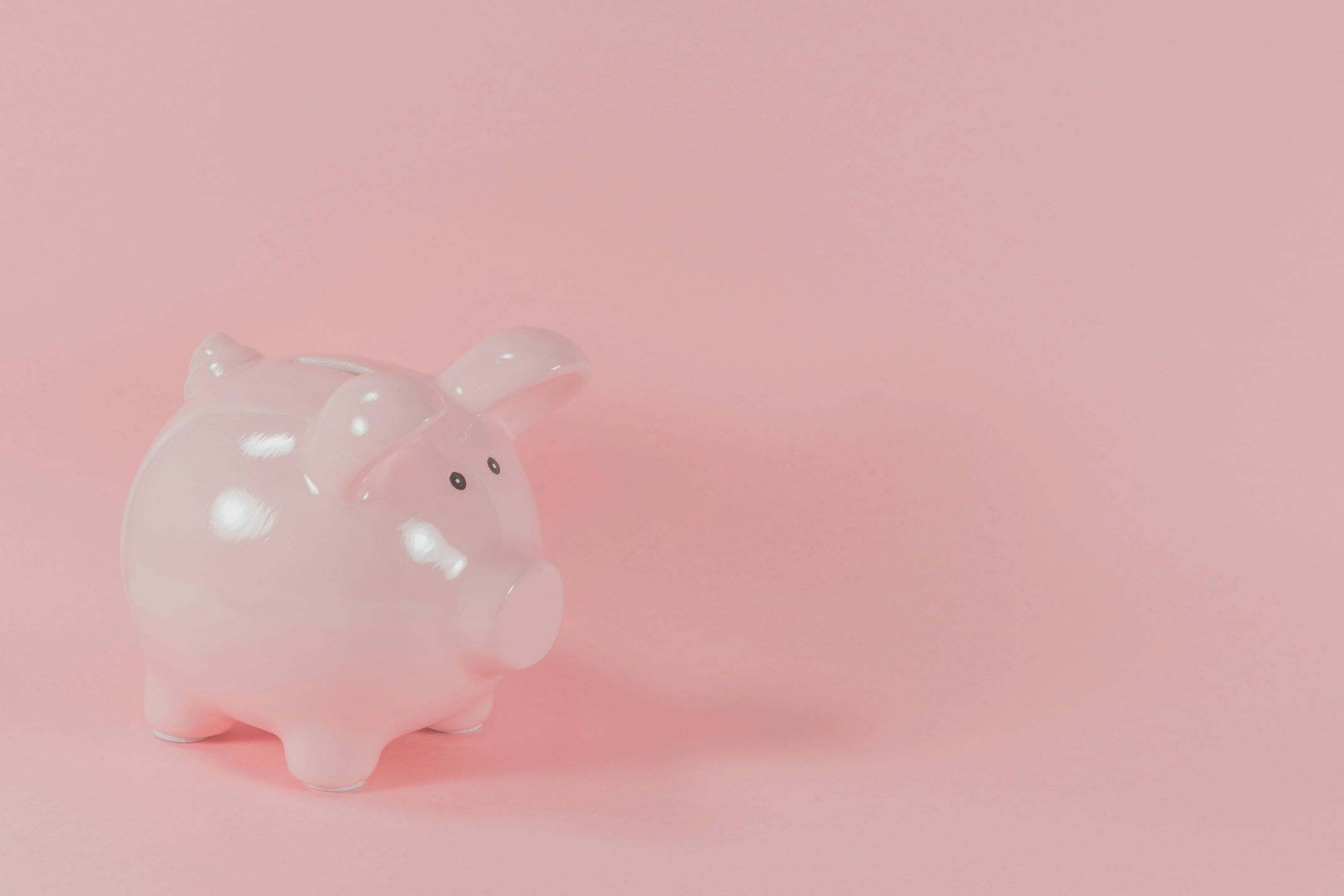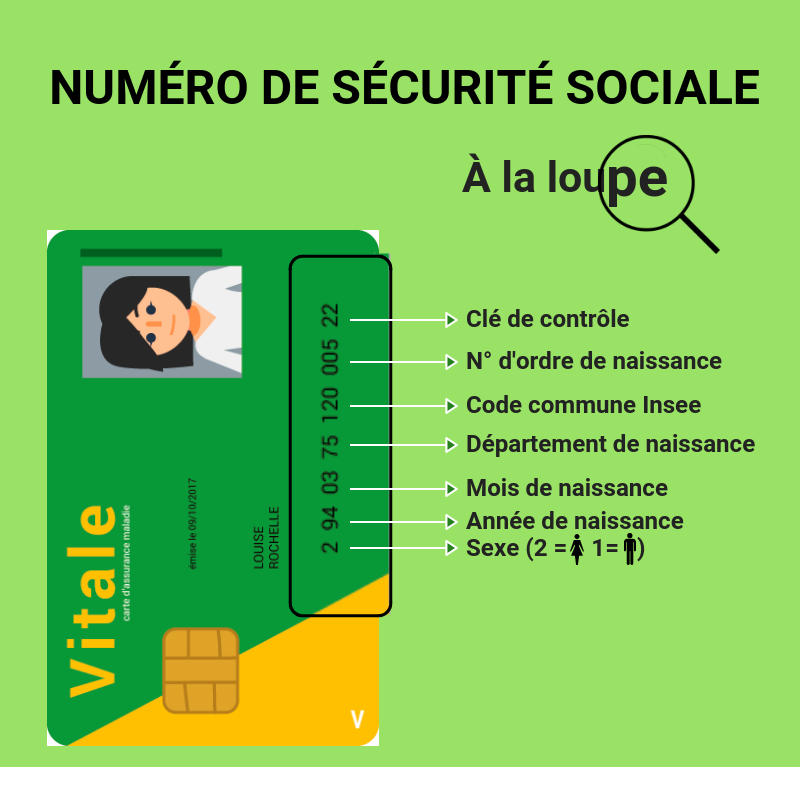As someone who loves a good “buy it for life” moment, I thought the BÉIS Sports Backpack would be my new travel and work companion. The sleek black design, the promise of durability, and the price tag north of €100 were convincing enough to make me press “purchase.” I love a good deal, I snagged it for €98 instead of its usual €119.
As someone who tries to support women-owned businesses, I was drawn to BÉIS, the brand founded by Shay Mitchell. Her marketing is undeniably on point, which made the purchase even more appealing. After years of carrying a tote to work, like a “vraie Parisienne,” I had perfected the effortless, chic commuter vibe. Bag slung over my shoulder, my mobile phone in hand—but that oh-so-French style came at a cost. I started noticing my posture was becoming wonky. Switching to a backpack seemed like a kinder choice for my body in the long run, especially since I often brought my packed lunches to work most days of the week. I wanted something functional yet stylish, a balance of practical utility and understated cool that felt très moi.
Unlike so many other celebrity-backed brands, Shay Mitchell is not just the face of BÉIS, she’s actually the founder and acting CEO. Her involvement in the brand’s product design made me feel like I was supporting something authentic. One year later, I’m wondering: was I scammed by the marketing, or has “lifetime” taken on a whole new meaning?
NThe first year of ownership for this bag was nothing special: weekday commutes, carrying my MacBook Air, a charger, maybe a small notebook and my lunchbox. No rock climbing trips. Nor camping excursions. No yoga mats, just the humdrum of daily professional life. Despite this minimal use, the bag is falling apart. The shoulder strap stitching is unraveling and the inner lining is frayed and torn. I’m not sure if I should laugh or cry that a supposedly “premium” backpack couldn’t handle light use for even a full year.
So, I did what any annoyed millennial would do: I reached out to the brand. BÉIS’s customer service reps were quick to respond (thanks, Jemmy!) but less quick to resolve. Their policy? If you didn’t buy directly from their website, you’re out of luck. They advised mme to contact Revolve, the retailer I purchased it from. Cue the customer service ping-pong match.
Revolve’s response? A dismissive “this is normal wear and tear,” accompanied by a polite but hollow apology and a 10% discount code for my trouble. To recap: I spent over €98 on a backpack marketed as durable, used it lightly for one year, and now they are telling me that its rapid deterioration is “normal.” What exactly is the life expectancy of BÉIS products—a single rotation around the sun? The real kicker here is the disconnect between price and performance. A backpack in this price range should offer more than fleeting aesthetics; it should deliver on its promise of durability. Instead, I’m left with a fraying, dysfunctional bag and a discount code I have zero intention of using. Why would I want another BÉIS product when the first one failed so spectacularly?
This experience has me questioning the “quality guarantee” of so many modern brands. If we’re paying triple the price of a standard backpack, we should be getting triple the quality—or at least something that doesn’t unravel under the weight of a laptop. BÉIS’s branding might scream chic and reliable, but the reality is far less glamorous.
To BÉIS and other companies offering premium-priced products: your customers aren’t just paying for aesthetics. We’re paying for trust. If you can’t stand by your product, then don’t expect us to stand by your brand. A 15% discount code doesn’t fix a broken reputation.
As for me, I’ll be taking my search for a durable, high-quality backpack elsewhere. BÉIS might want to rethink what “buy it for life” means, because at this rate, it’s the lifetime of a fruit fly—not the customer—that they’re guaranteeing.
PS: If you’re curious about the discount codes I got, feel free to reach out—I’m happy to share!





Comments